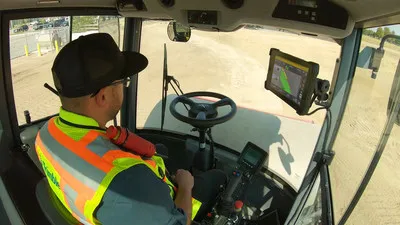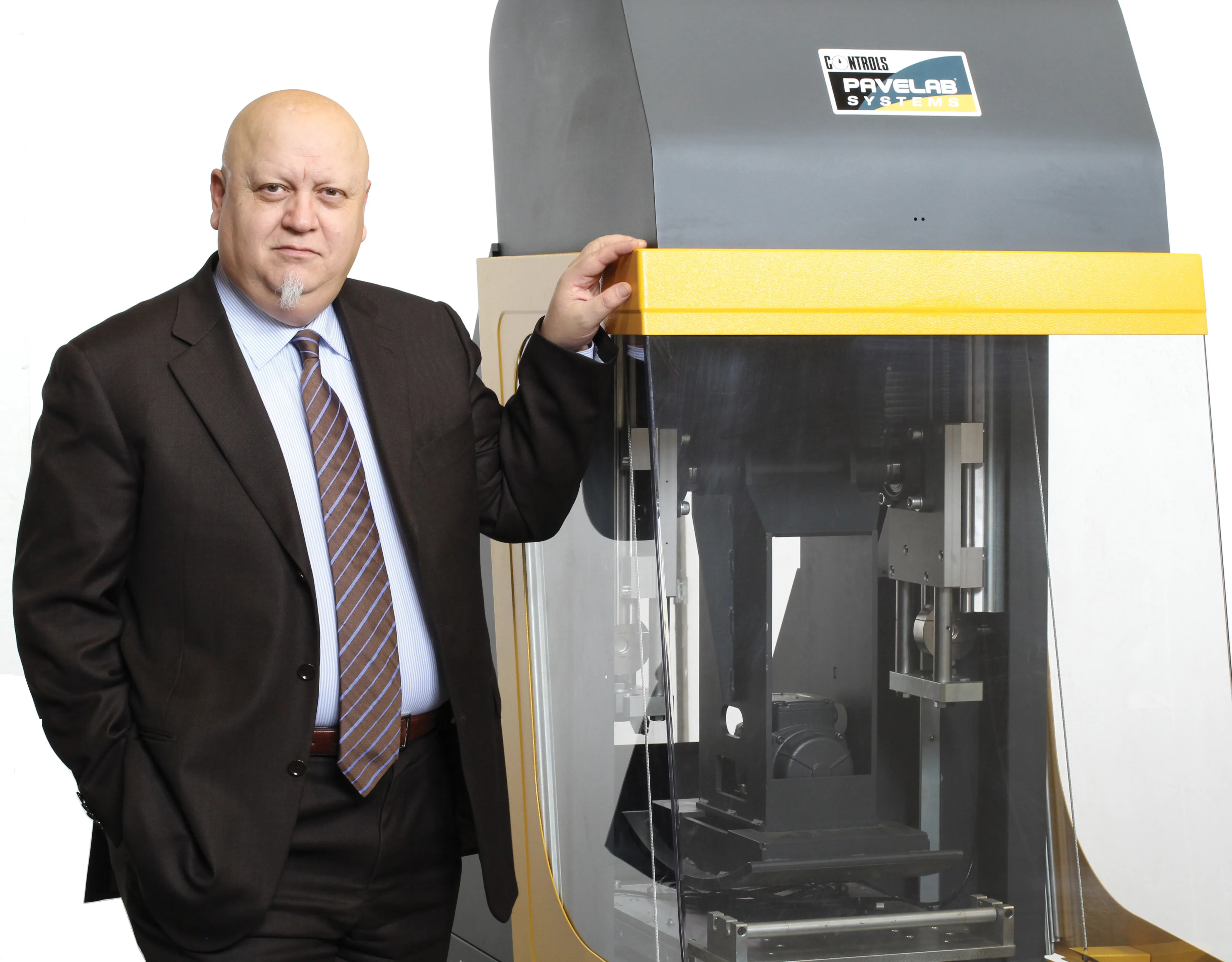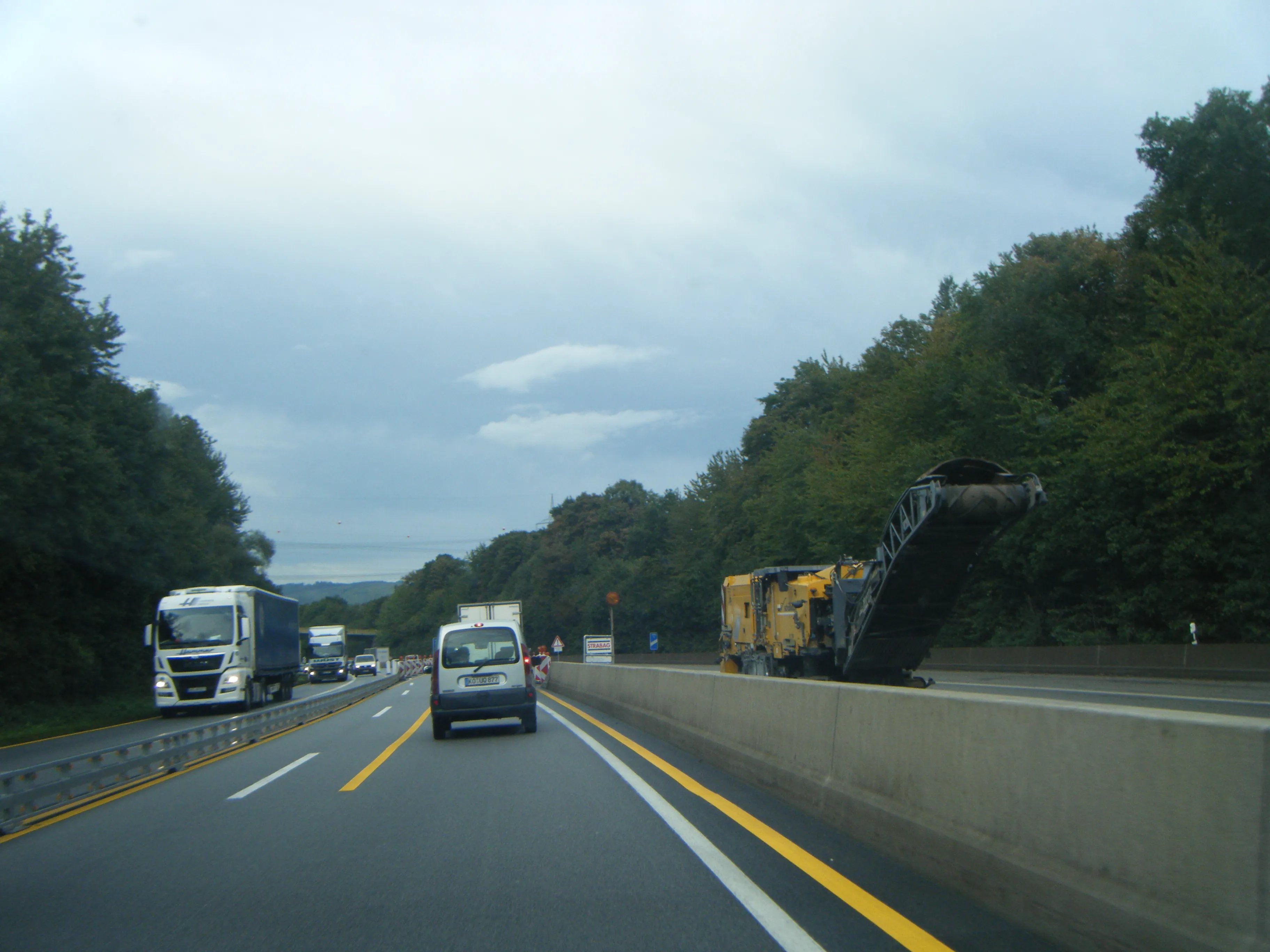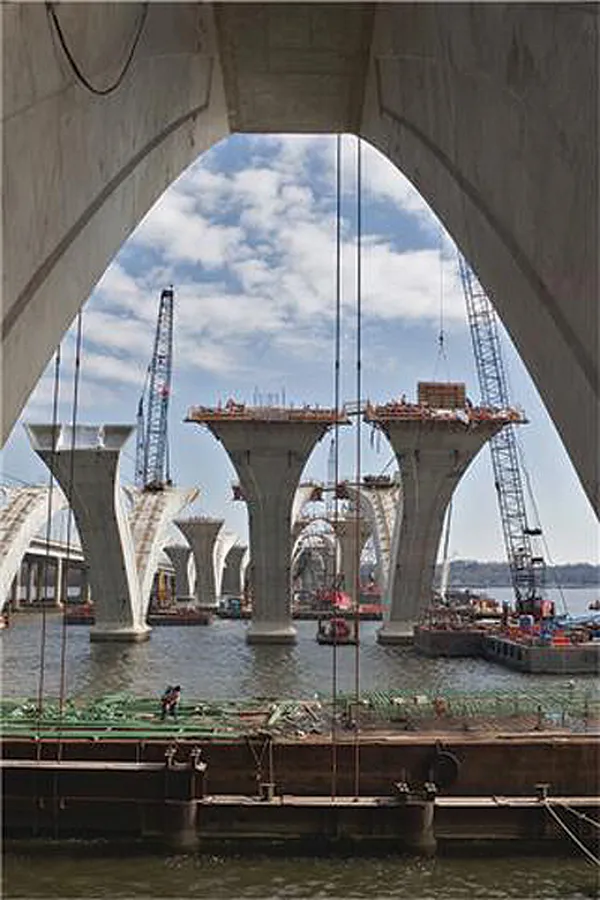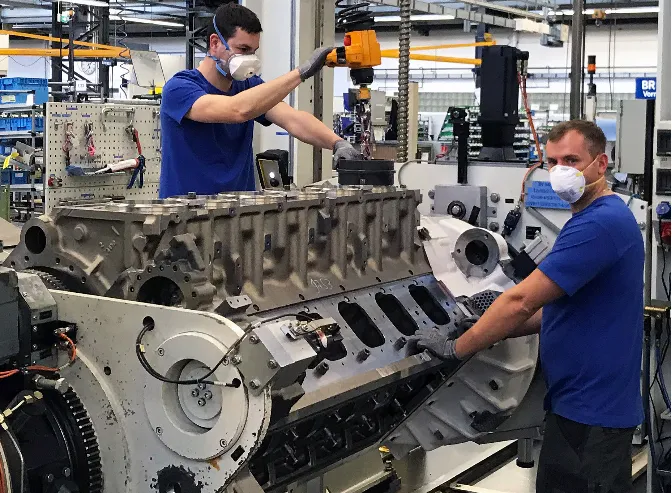
Engineering giant Rolls-Royce, whose MTU-branded diesel engines are used in a wide variety of construction, mining and quarrying machinery, reported a pre-tax loss of £5.3 billion for H1 2020.
The company has been hit largely by £1.1 billion write-offs and impairments, a £2.6 billion loss on FX hedging contracts and restructuring costs of £366 million. Underlying free cash flow, a key metric for Rolls Royce, also came at negative £2.6 billion from negative £429mn the same period last year.
Commenting on Rolls Royce’s first half of 2020 results, Max Hayes, an analyst at Edison Group, said: “The company has experienced a reduction of over 17% of its workforce, equivalent to more than 9,000 roles across the Group worldwide, including around 8,000 in its civil aerospace business which we are reducing by about a third to adapt to the new level of market demand it is expecting - highlights difficult times as of late.
“Today’s results, greatly influenced by the ongoing pandemic travel restrictions, will mark a turning point for the company in terms of the future direction of the company, with the announced departure of the CFO, as well as future options to increase its balance sheet resilience.”
Hayes said that the only bright spot for investors is Rolls Royce´s recovery in FCF - expected improved H2 performance with FY free cash outflow of approximately £4 billion and restructuring underway supporting free cash flow recovery to at least £750 million in 2022.
He added: “Going forward, investors will be concerned at the future of the company as they face not only negative results but also plummeting share value to their lowest level in a decade. They will also be keeping a close eye on the intended sale of the company’s disposable assets for an expected £2 billion, including its Spanish engine business ITP Aero.”


